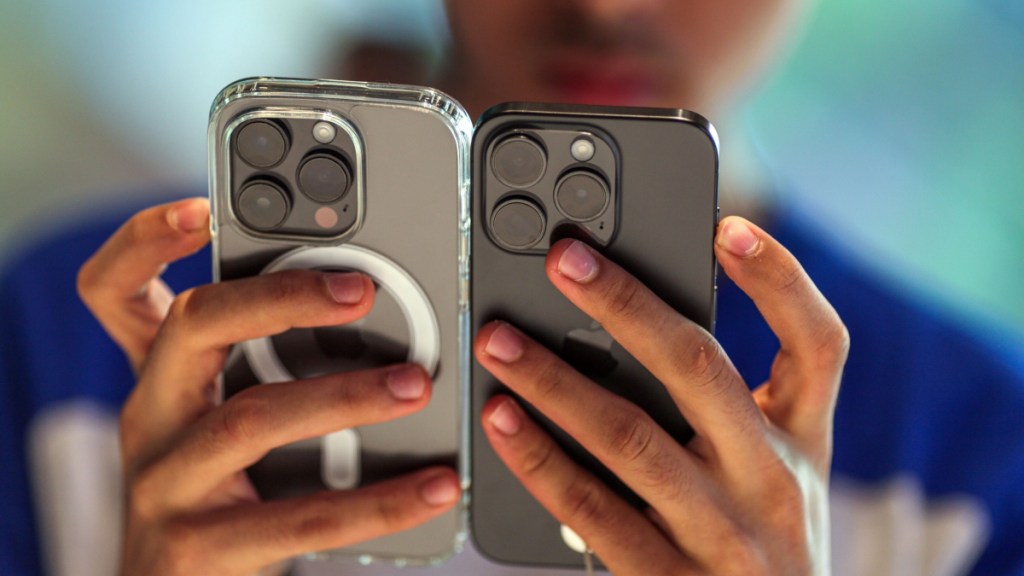The iPhone 16 launch is right around the corner, and while Apple Intelligence is expected to be a major part of the event, there’s a catch: many of the hyped features won’t be available right away. In fact, Apple’s AI-powered tools may not be enough to drive massive upgrades this year, leaving many wondering if the iPhone 16 will live up to the hype.
Apple Intelligence: A waiting game
Apple Intelligence, which was introduced with much fanfare earlier this year at WWDC 2024, won’t be fully ready for the iPhone 16 when it hits the market. Key features—like OpenAI’s ChatGPT integration and significant Siri upgrades—are confirmed to arrive as late as end of this year and early next year. But those looking forward to AI-based tools like Image Playground and Genmoji will have to wait even longer, too, as Apple has reportedly pushed them back (via Bloomberg) to the iOS 18.2 update, which is slated for a December release.
Additionally, the rollout of Apple Intelligence will be slow and staggered, unlike some of Apple’s other attention-grabbing features in the past. It won’t be available in some critical regions, including the European Union (countries like France, Germany, and Italy) and China, both massive markets for Apple. Even when the iPhone 16 officially launches, it won’t ship with these features immediately. Instead, they will arrive with an iOS 18.1 update in October, meaning early adopters may feel like they’re missing out.
Is AI the game-changer?
With many key AI tools delayed, the question arises: will consumers be swayed by the promise of future features? Sure, Apple Intelligence might sound futuristic and exciting, but without its headline-grabbing capabilities at launch, it’s hard to see AI alone driving upgrades.
This is especially true given that consumers will have to wait until next year to see the full range of Siri’s new powers. By the time the iPhone 17 comes out in 2025, Apple Intelligence will likely be more fully fleshed out, but for now, the staggered release might leave users underwhelmed.
iPhone 16 hardware: Small changes, big impact?
With the AI rollout stumbling, Apple will have to lean heavily on hardware upgrades to convince users to upgrade to the iPhone 16. There are some exciting updates on that front, though they aren’t exactly groundbreaking. The iPhone 16 Pro and Pro Max are expected to come with camera upgrades including 4K video recording at up to 120fps and a new capacitive capture button that makes snapping photos and recording videos even more seamless. The screens are also expected to get a bit bigger, with the Pro Max model boasting a 6.9-inchdisplay for a more immersive experience.
The iPhone 16 and iPhone 16 Plus will come with 8GB of RAM by default, which is a nice upgrade, and Apple is also bringing the Action button, previously a Pro-only feature, to the lower-end models. This customisable button allows for quick access to various functions, which should make the phone feel more intuitive.
What’s next for Apple?
While the iPhone 16 may not deliver the revolutionary upgrades Apple users have been waiting for, the company is clearly setting the stage for bigger things in the future. By fall 2025, when the iPhone 17 rolls out, Apple Intelligence will be available globally, and the iPhone is expected to get a much-needed design refresh.
But the lack of immediate AI advancements and incremental hardware improvements mean this year’s model may not be enough to get everyone to rush to upgrade. But keep an eye out for the iPhone 17—by then, Apple might truly deliver the next big thing. This year’s launch—called It’s Glowtime—feels like a stepping stone rather than a major leap forward. Expect bigger things from Apple in 2025, but for now, manage your expectations.
Follow FE Tech Bytes on Twitter, Instagram, LinkedIn, Facebook









